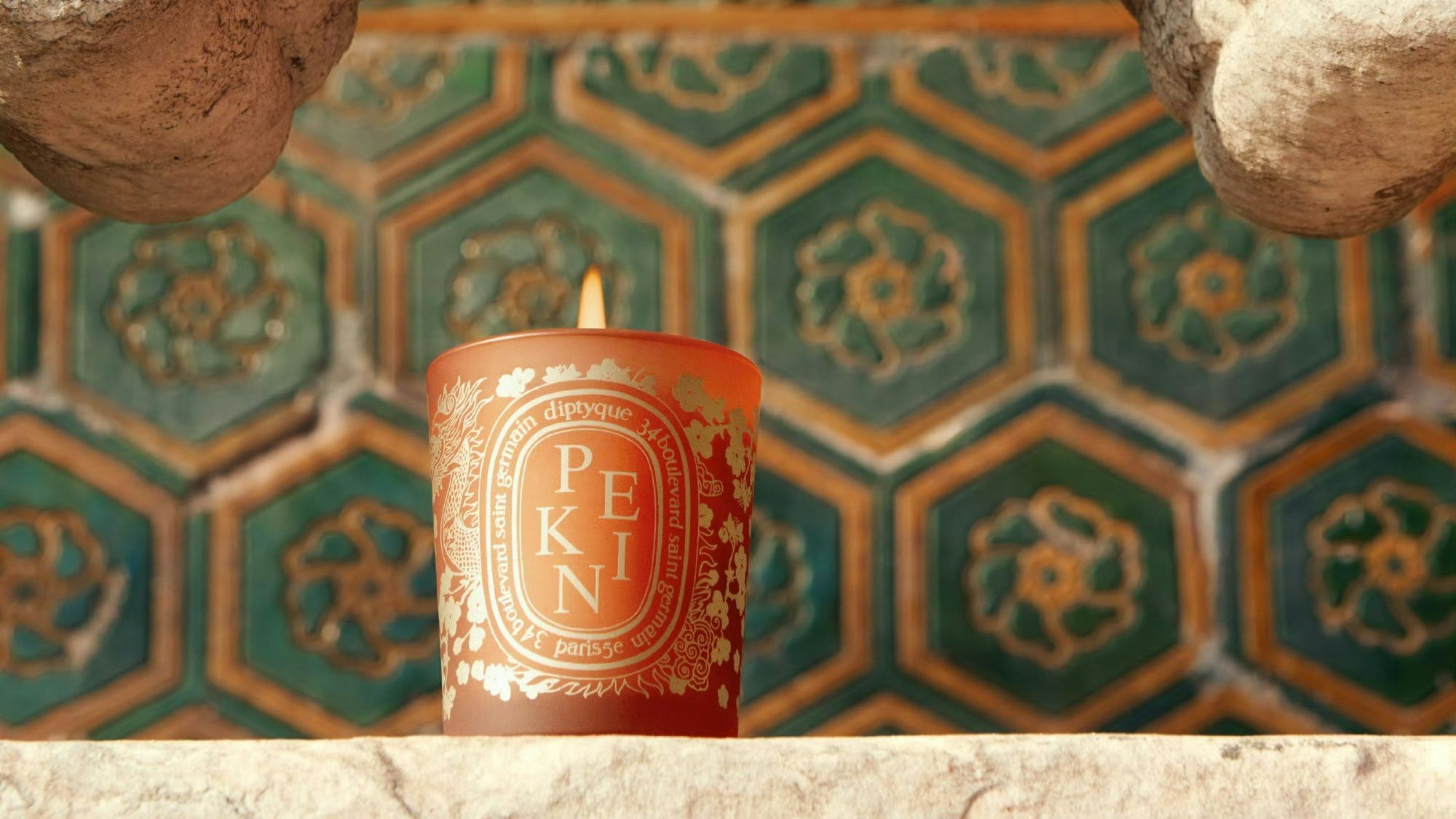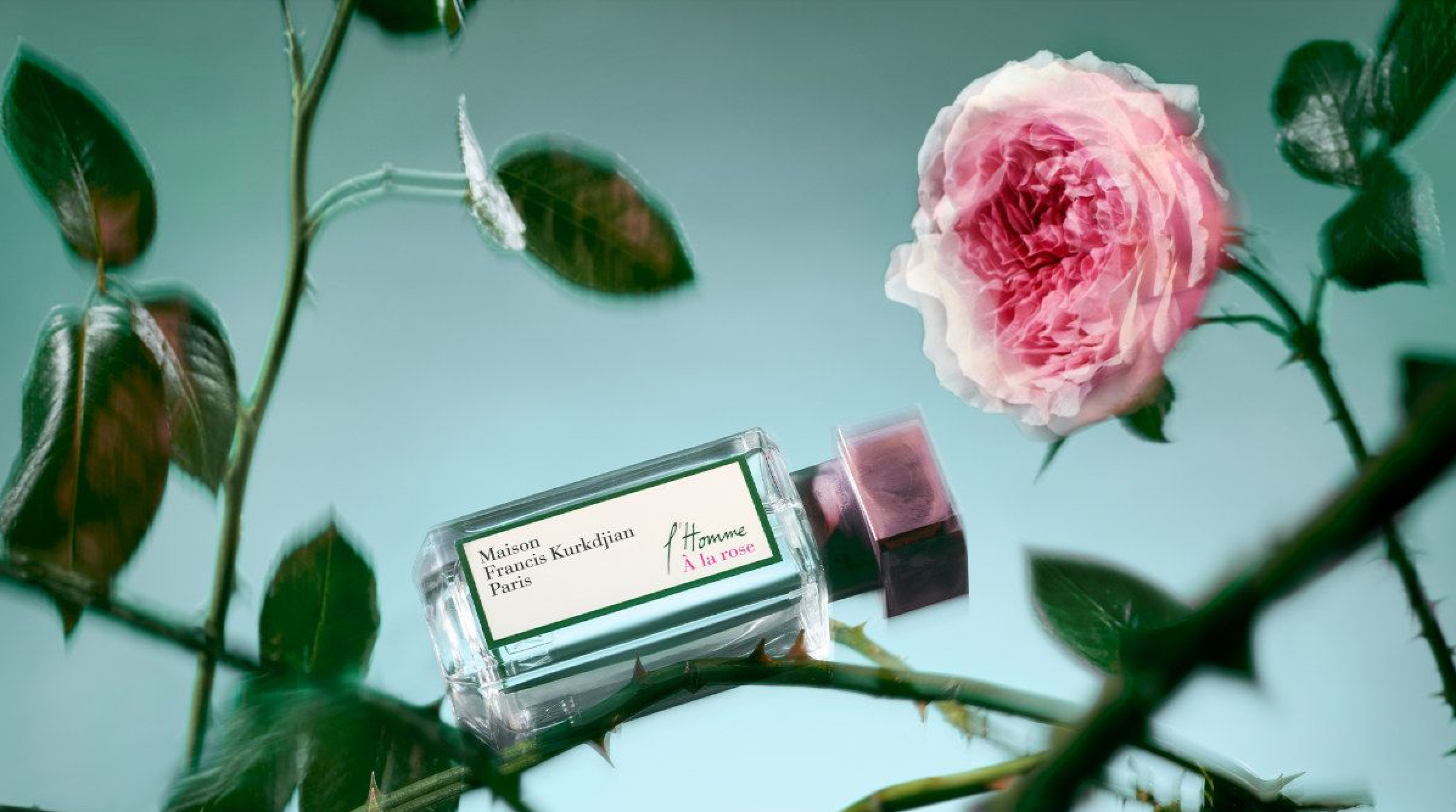Interior fragrances have become must-have accessories for trendy Chinese luxury shoppers.
Home scent sales climbed during the pandemic when citizens stuck inside spent more on home fragrance to elevate their abodes. The market is expected to exceed 4 billion by 2025, according to Toubao Research Institute.
Many concept stores and brand flagships in major cities across China now showcase candles, essential oils, diffusers, and even potpourri. This year, key lifestyle trends include self-care, simplified lifestyles and hyperlocalization, according to the Xiaohongshu platform.
Global brands go local#
With global borders open again, Western fragrance makers are taking an interest in Chinese culture to create home scents. This April, French candle brand Cire Trudon partnered with Tseng Yu Hui, the only female tea master in the Chinese tradition, on a series of three scented candles. Tseng is a 78th generation descendant of Confucius' disciples and took her knowledge of tea to France to open La Maison des Trois Thés in Paris in 1995.
“Home fragrance is booming in China for three reasons,” said Chinese millennial Grasse institute of perfumery student Wanqiu Chen. “First, the Chinese have burned incense ever since the Han Dynasty. Second, there are more home fragrance choices than ever before. And lastly, the marketing strategies for perfumes and fragrances have been very strong lately, with a lot of celebrities and KOLs sharing their decor and candle purchases on Chinese social media."
With Chinese consumers taking more interest in fragrances, Western businesses are also seeing more opportunities in China, with major brands like Aesop, Le Labo and a dedicated Loewe Perfumes opening stores in Mainland China for the first time in the last year.
Here are some examples of brands or stores taking advantage of the uptick of interest in luxury home scents in China.
Aesop and Le Labo land in Shanghai#
Globally, Aesop and Le Labo have developed devoted followings for their high-end hand soap and perfumes, respectively. Their signature branding has also made their products coveted home decor items, with both brands offering scented candles, room sprays, diffusers, and more.
Now, the two have a brick-and-mortar presence in mainland China with new stores in Shanghai.
Aesop arrived last fall with a 300,000-square-meter space on Shanghai’s Dongping Road. The Australian brand is known for adapting its store finishings to match its local environment, and the Shanghai store is no exception.
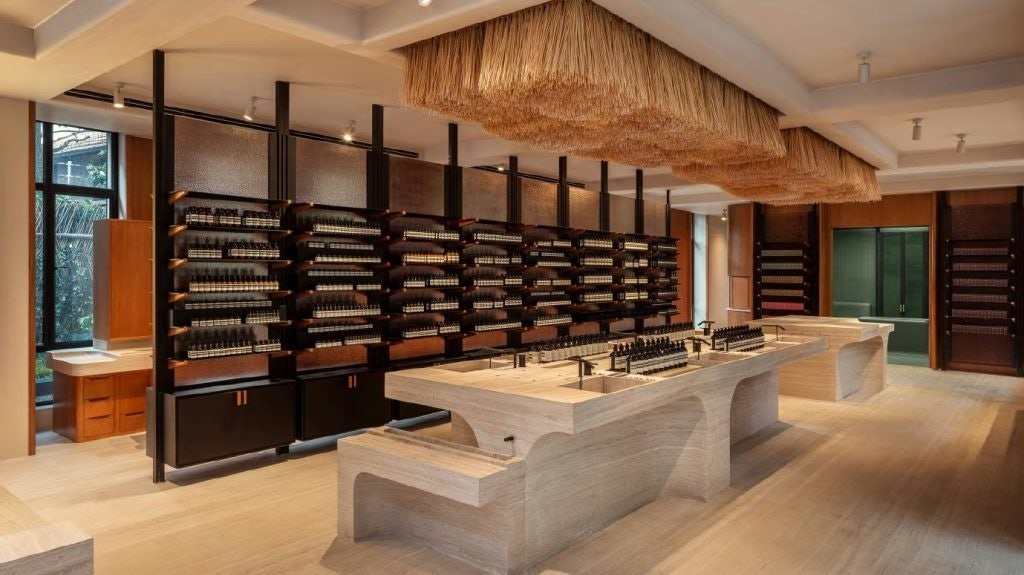
The Shanghai space features Guizhou travertine stone and a woven ceiling designed by Chinese artist Didi Wu to showcase the brand’s botanical-based skincare and home fragrance products like candles and room sprays.
Le Labo, meanwhile, opened its doors in a historical shikumen building in Shanghai’s Xintiandi district in May of this year. The Estée Lauder-owned brand sticks to the standard rustic aesthetic it deploys across the globe, and also houses a vegan bakery and cafe. The store will sell Le Labo’s full line of scented products, including its famed Santal 26 candle.
Diptyque pays homage to Beijing#
Diptyque has long had a presence in China, with stores in Shanghai, Hangzhou and other cities. But the French perfumer and candlemaker is investing in China with scents that pay homage to local culture.
In 2022, Diptyque revived its City Candles line with the creation of a new Pekin candle with notes of green tea and magnolia, inspired by Beijing’s imperial temples. The Pekin candle joins the lineup of limited-edition candles inspired by cities around the world, including the Shanghai candle. Using traditional Chinese ingredients like green tea and Osmanthus, the Shanghai candle was a winning recipe for Chinese consumers, and the candle packaging, which pays elegant tribute to historical Chinese design, was also a hit with Chinese millennials.
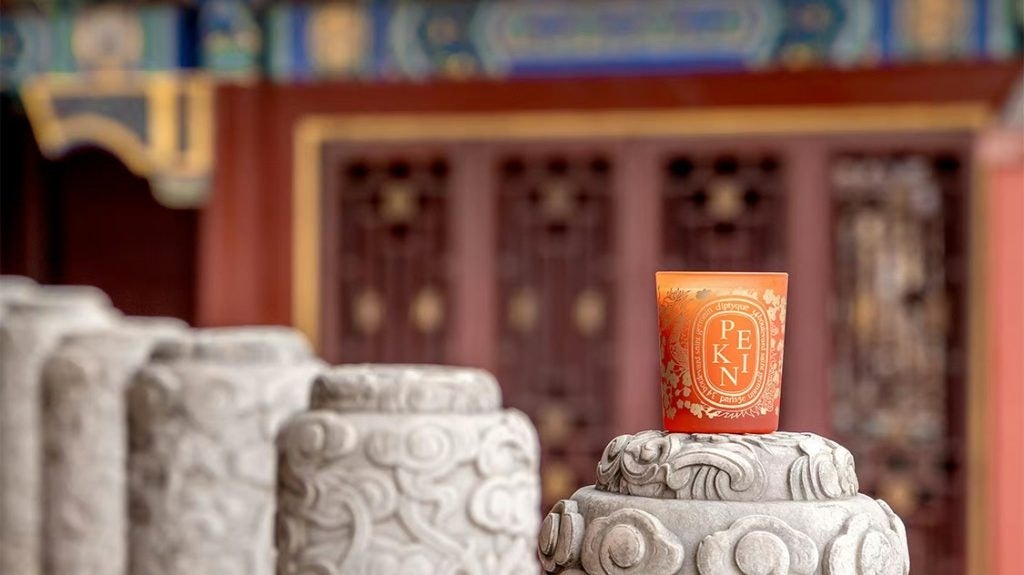
That same year, Diptyque partnered with Chinese artist Wang Chunyi on a pop-up exhibition in Shanghai. The temporary show allowed visitors to experience Diptyque’s popular candles based on classic scents like tuberose and orange blossom.
Though founded as a perfumer, Diptyque’s candles have since become the brand’s calling card. This July, the brand marked its 60th anniversary by releasing a limited-edition coffer of all 49 of its candles, with just 12 sets available worldwide.
The Beast makes its mark in fragrance#
A local leader, the Beast Shop is a savvy brand spotter that opened a series of successful concept shops in China, some dedicated to home furniture and decoration and others focused on amenities and lifestyle objects.
But since its foray into scented products with the launch of its own fragrance brand, The Beast has become an attractive partner for brand collaborations. In November last year, the brand collaborated with luxury hotel Capella Shanghai on a sandalwood-based fragrance collection featuring reed diffusers, candles and perfume.
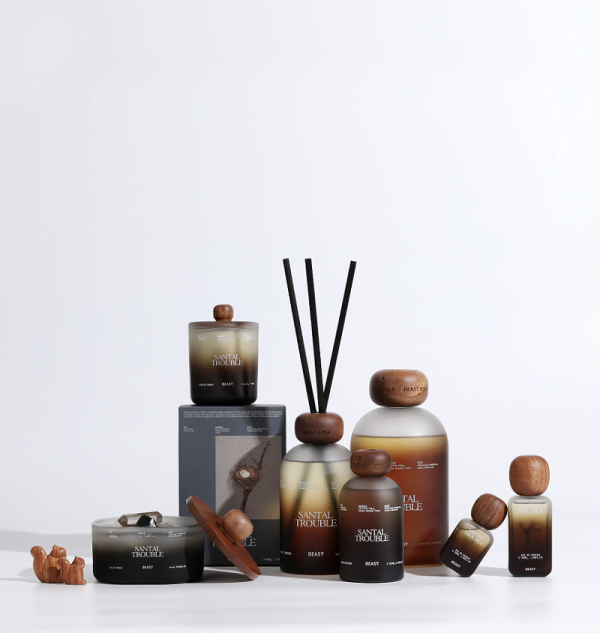
That collection joined the store’s full range of olfactory products, including some candles priced as high as 350 (2,460 RMB). The store now carries many of the top global fragrance brands selling perfumes and interior scents, including Volupsa, Trudon, Maison Margiela, Fornassetti Profum, and Culti.
Other notable local brands#
Beijing-based fragrance brand To Summer, renowned for creating perfumes with plants native to East Asia, launched scented candles in 2020 and an aromatherapy shower gel and perfumes the following year. The homegrown brand’s success has also attracted international players like Shiseido to co-create and co-launch an aromatherapy scent called Convallaria in May this year.
Documents is another domestic player quickly making a name for itself in China, thanks to its unique aesthetics. In its collection of candles, you can find calabash, pagoda, and bat-shaped aromatherapy scents. These items are especially popular among Gen Z consumers who use them to embellish their home decor. In May this year, the fragrance brand opened a bookstore in Shanghai offering consumers a curated selection of books and perfumes. Recently, the brand expanded into toiletries, offering a full line of shampoo, shower gel, and body milk.
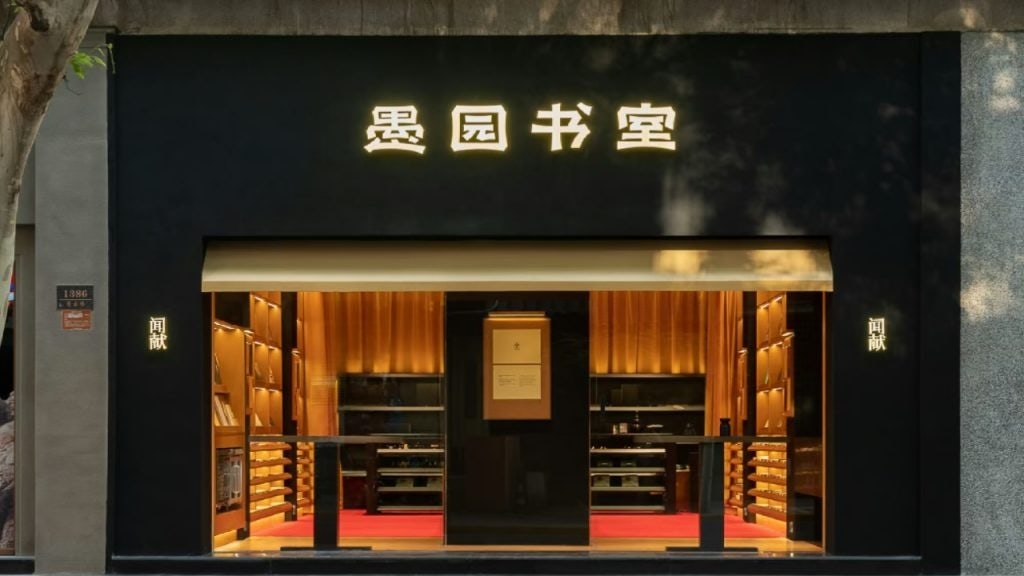
Until recently, Chinese luxury consumers mostly bought perfume and fragrance because of their brand name, purchases that were less about the scents and more about status. But now, younger consumers are learning how to fragrance their interiors as part of their holistic luxury lifestyles, and thanks to social media, this demand continues to blossom.
Xiaohongshu is a key platform driving this sector’s growth. On the lifestyle app there are over 1.22 million user-generated content instances promoting home fragrances and data shows that over 87 percent of the Xiaohongshu users are young women between 18 and 34 years old. With Gen Z and millennials’ rising demand for wellbeing, categories like home fragrances are fulfilling these needs.
Additional reporting by Lisa Nan
